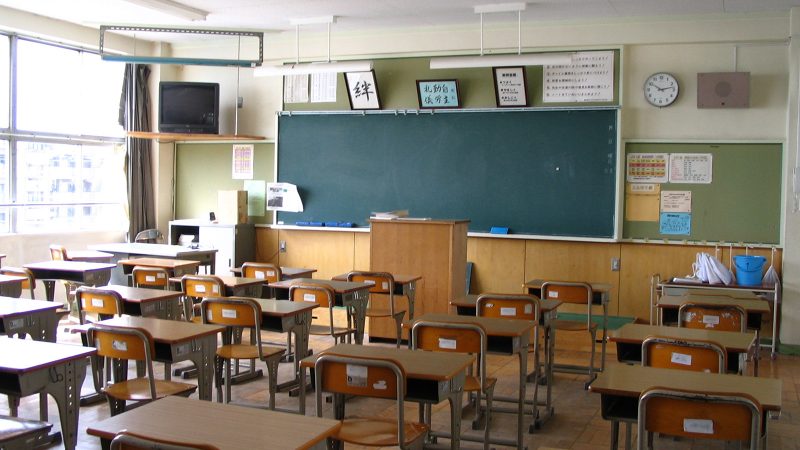The proposal is not sufficient to “even start to address the crisis in recruitment and retention.”

The National Education Union (NEU) has announced that teachers will be balloted on the government’s proposed 2.8 percent unfunded pay increase in 2025/26.
The proposed increase was made to the School Teachers Review Body (STRB).
The indicative ballot will be open to NEU members in England from 1 March to 11 April.
The union has expressed dissatisfaction with the proposed pay rise. It follows a 5.5 percent pay increase for teachers in the 2024/25 academic year. However, the NEU warns that teachers’ pay in real-terms is still 20% lower than in 2010.
Teacher retention is a growing concern, with nearly 40,000 teachers having left state-funded schools in the 2022/23 academic year for reasons other than retirement, equating to 8.8% of the workforce. A similar number quit the previous, according to figures from the Department for Education (DfE).
Daniel Kebede, general secretary of the NEU, said that the 2.8 percent proposal is not sufficient to “even start to address the crisis in recruitment and retention.”
His comments follow a report from the Institute for Fiscal Studies (IFS), which warned that primary and secondary school funding could face a 0.8% cut due to the government’s commitment to the pay rise.
Following a substantial rise over the 2000s, total school spending per pupil fell by 9% in real terms in England between 2009–10 and 2019–20, IFS figures show.
“The suggestion that an unfunded pay award can be paid for by making ‘efficiencies’ is an insult to a profession who have already endured 14 years of austerity,” said Kebede.
He noted how thousands of teachers had voted for the change that Labour promised for education.
“They promised to invest in education, to recruit 6,500 teachers and to value education and to secure the life chances of our children.”
Responding to the IFS’s report, Julie McCulloch, director of policy as the Association of School and College Leaders (ASCL), echoed these concerns, noting that it paints a grim picture for schools and colleges, with more cuts expected to pastoral support, curriculum options, and classroom resources. She said:
“It is also likely that in many cases class sizes will increase.
“Schools and colleges have been expected to absorb relentless financial pressures over the past 15 years, and they have done an incredible job in minimising the impact on students. But we cannot go on like this. It is death by a thousand cuts. The government must recognise the importance of improved investment in education.”
A Department for Education spokesperson responded to the NEU’s announcement, calling the decision to ballot teachers “extraordinary.”
“Thousands of teachers voted for the change that Labour promised for education.
“They promised to invest in education, to recruit 6,500 teachers and to value education and to secure the life chances of our children,” they said.
Left Foot Forward doesn't have the backing of big business or billionaires. We rely on the kind and generous support of ordinary people like you.
You can support hard-hitting journalism that holds the right to account, provides a forum for debate among progressives, and covers the stories the rest of the media ignore. Donate today.



